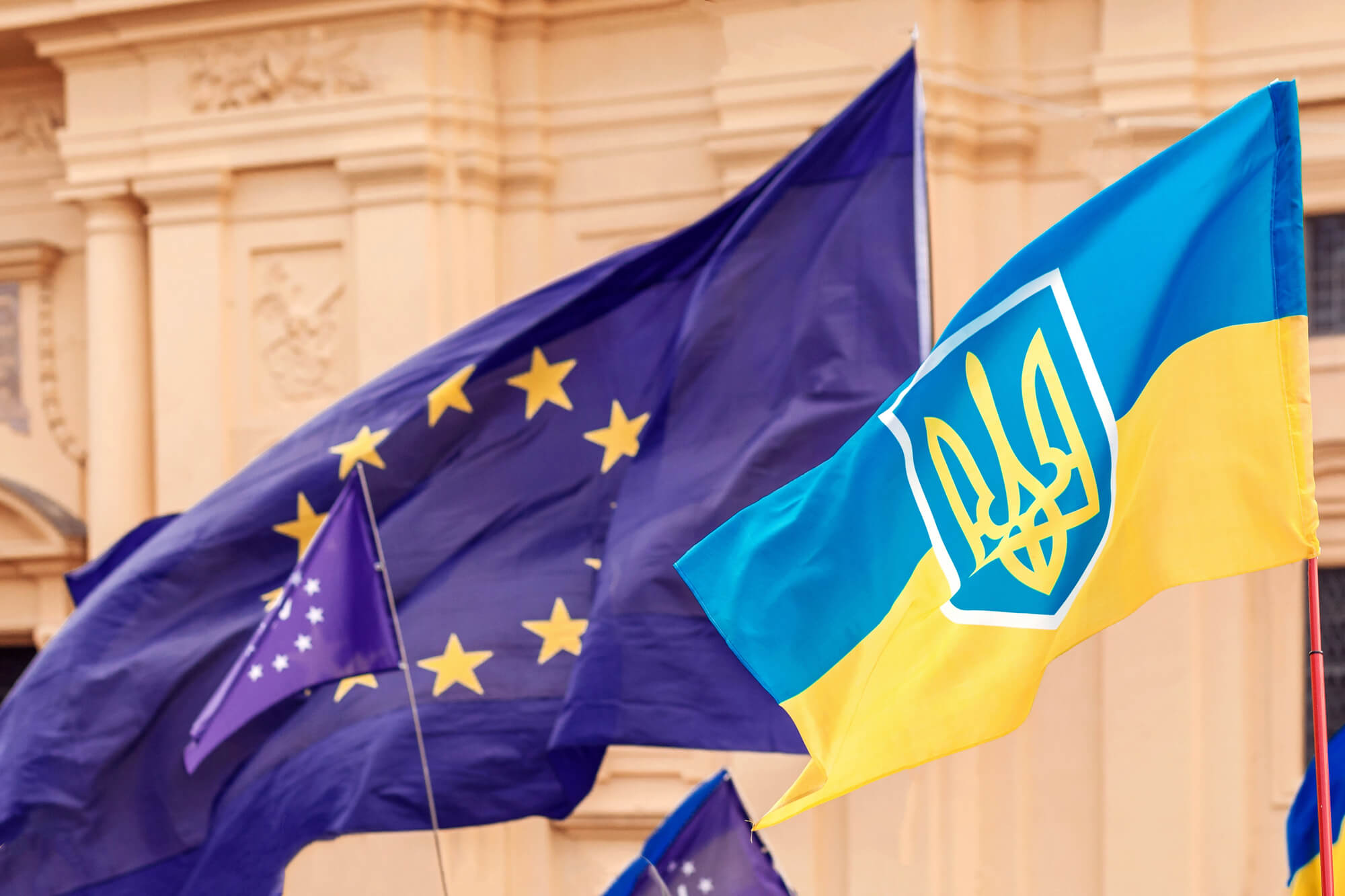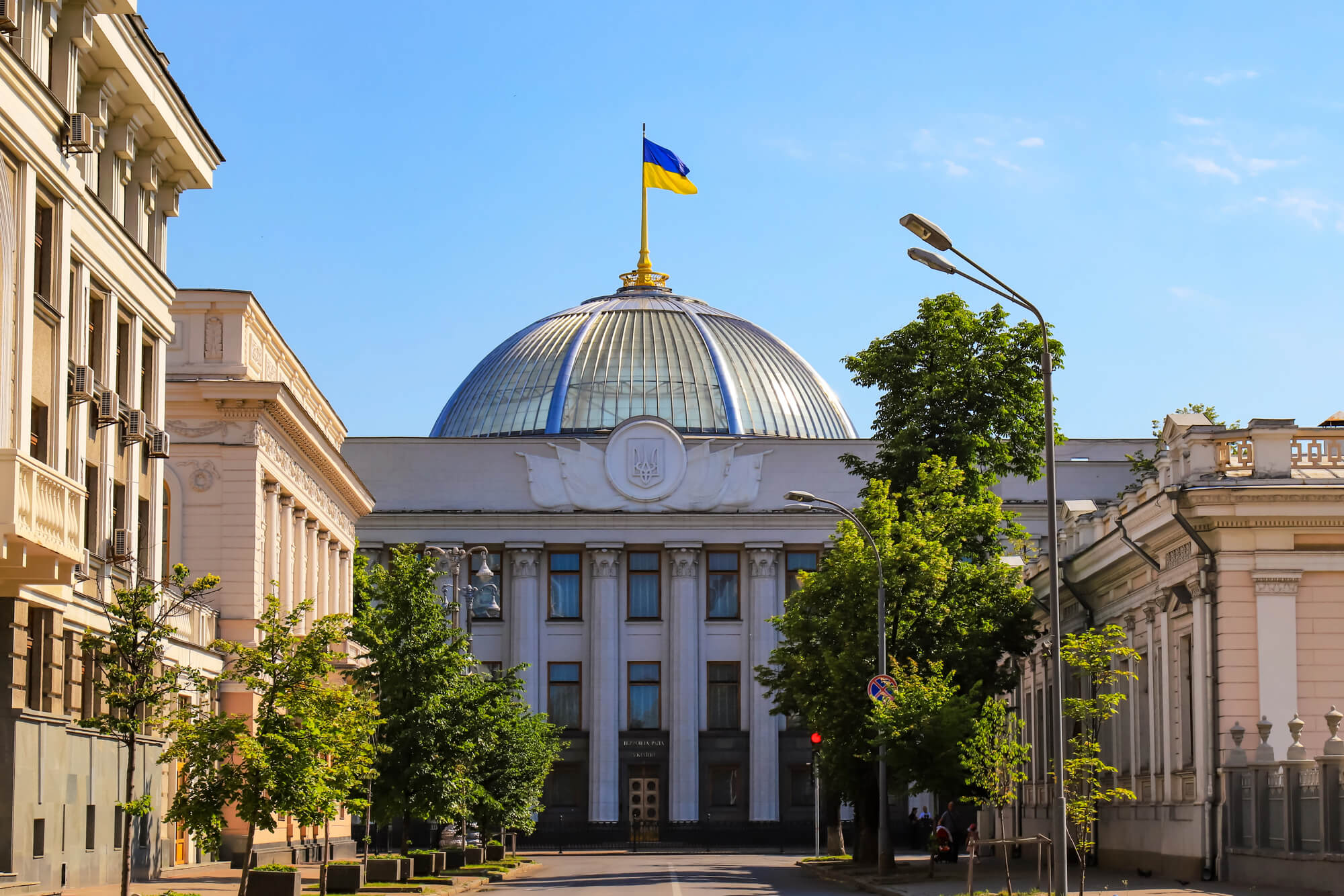Reform Index reached +1.0 point on a range of -5.0 to +5.0 during the period of June, 5th – June 18th (in previous round the index was equal to +0.7). This period was signified by a significant progress in the business environment reform, monetary and energy sector reform. However, total value of this round remains low due to lack of public finance reform and little progress in governance reforms.
Main events of this round included: law on the electricity market, decree on the abolition of price controls, and the decision, allowing Ukrainians to transfer money abroad on the basis of electronic currency licenses. Progress was also observed in city-planning deregulation.
Chart 1. Reform Index dynamics*

Chart 2. Reform Index and its components in the current round

Top reforms of this issue
- The Law on the Electricity market, +4.5 points
After joining the Energy Community, Ukraine has undertaken a commitment to introduce key legal EU norms in the energy sector. The law 2019-VIII from 13.04.2017 introduces such norms in the electricity sector. Document defines new market model, which envisages breaking down companies along energy distribution and transmission lines.
Reformer’s comment
“The law implements Acts from European legal system (Second and Third energy packages) and creates opportunity to foster competition and create conditions necessary for developing renewable energy sources. As a result, end users would be able to choose their electricity supplier freely.
The law introduces so-called transition period (24 months after the law comes into force), during which necessary technical, organizational, economic and regulative conditions must be fulfilled, which is necessary for the proper market functioning in the future. The success would depend on the effectiveness of the introduction of new market model. This task is given to Coordination Center for implementation of new electricity market model, which is headed by Ukraine Prime Minister Volodymyr Groysman. This center would function until new electricity market would start functioning.
The challenges, which need special attention and further work include the need for the development of instruments and the creation of consumers’ rights protection institute.
We still have a lot of work ahead. More than 100 acts of the secondary legislations need to be developed. Ministry of Energy and Coal and National Commission for State Regulation of Energy and Communal Services Sectors have developed a plan for introducing new model of electricity market”.
— Nataliya Boyko, Ministry of Energy and Coal
Expert’s comment
“Adoption of “On Electricity Market” law has ended the first wave of implementation of Third EU energy package on the basic laws level, which was preceded by adoption of laws on natural gas markets and a law on National Commission for State Regulation of Energy and Communal Services Sectors.
From a technical perspective, the law is of high-quality, as EU experts and experts from Secretariat of Energy Community participated in its development. The fundamental philosophy of the law is to start liberalization of wholesale and retail markets of electricity, which would result in price being determined by market, consumer rights being protected and conditions for competition in electricity market being created.
From the perspective of the end users, the law would result in the ability to choose between different electricity providers. The end users would also be able to determine conditions and “tariff packages”. When such concept is implemented and functional markets are created, competition would lead to the decrease in electricity prices and increase in the service quality, including increase in the security of supply and customer service improvement.
It is important to remember that the adoption of this law, is only the first step in this reform, although an important one. On the most optimistic estimates, real implementation of this law would require at least 3 years. It would include implementing a number of difficult objectives, including reorganization, liquidation or decrease in the size of the state enterprises and operators; significant technical and technological measures to establish fundamentally different “rules of the game” (such as installing new technical and software equipment in order to balance the network in the free market). Another challenge in the transition period could be the lack of information on the new market conditions, available to customers and to solve such problem communication is required.”
— Roman Nitsovych, Dixi group
Chart 3. Value of Reform Index components and number of events

- The Decree on the Abolition of Price Controls +2.3 points
The State Product Consumer Service controlled prices in the food market until October,1st 2016. State regulated prices on flour, bread, spaghetti, cereals, sugar, beef, pork, poultry, sausages, milk, cheese, sour cream, butter, sunflower oil and eggs. Moreover, producers had to declare the changes in wholesale prices for 13 groups of products, which have the profitability level equal to that in the production of flour, bread of “social” sorts and baby food.
On October, 1st a pilot project was launched, aimed at abolition of such norms. According to the Ministry of Economic Development and Trade, price monitoring was a part of such pilot project. It’s aim was to research inflation of prices on key food products. The result showed that price control abolition did not have a significant effect on price dynamics and consumer confidence.
The decree №394 abolished price controls on goods, listed above.
Reformer’s comment
“Ukraine finally got rid of another Soviet atavism – price controls on food. Such controls not only failed to prevent price increases (for example, prices on eggs increased in 2015, while prices on buckwheat increased in 2016), but also accelerated such price increases. The data shows that prices on goods, which are subject to price controls increase 20% faster than prices on other goods. Such regulation suppressed competition, reduced producers’ incentive to produce socially desirable goods and had an adverse effect on investment. Furthermore, it created corruption when the price changes were “confirmed” and when checks of whether regulation is upheld were conducted.”
— Maksym Nefyodov, Ministry of Economic Development and Trade
- The Decision, Allowing Ukrainians to Transfer Money Abroad on the Basis of Electronic Currency Licenses
Decision №54 from 15.06.2017 by National Bank of Ukraine introduces issuing currency licenses to Ukrainians in electronic form. On the basis of such e-licenses an individual would be able to transfer foreign currency abroad, in the amount of up to $50 000 in one calendar year.
National Bank introduced automatic information system “Register of individual licenses for conducting currency operations by individuals” to issue e-licenses and collect information on how the limit is used.
Such simplified individual licenses issuing system would make it easier and faster for individuals to transfer currency. At the same time, according to National Bank estimates, the volume of such operations would not have a significant impact on the currency market.
Reformer’s comment
“In July individuals (apart from entrepreneurs) would be able to transfer currency abroad on the basis of individual electronic licenses. The simplified individual licenses issuing system would make it easier and faster for individuals to transfer currency. At the same time, according to National Bank estimates, the volume of such operation would not have a significant impact on the currency market.
Ukrainians would be able to use e-licenses to invest in foreign countries, to transfer money on their own foreign bank accounts and also to fulfill their obligations to non-residents, based on life insurance agreements.
On the basis of e-licenses an individual would be able to transfer foreign currency abroad, in the amount of up to $50 000 (in Hryvnia equivalent) in one calendar year.
It would be very easy to use a new mechanism and receive an individual currency license (e-license). The individual would have to submit the necessary documentation to the bank, where he or she has a bank account either in paper or in e-form.
If all norms and rules are followed, bank sends National Bank of Ukraine a request, and regulator issues an e-license automatically by making an accounting record in the automatic informational system.”
— Oleh Churiy, National Bank of Ukraine
Expert’s Comment
“This decision is positive, however it will only affect a small number of people, who have at least basic knowledge about foreign financial markets. Unfortunately, there are not a lot of such people in Ukraine: according to the USAID survey more than half Ukrainians do not understand the difference between shares and obligations. We regard this measure as modestly positive, but we are still waiting for the fulfillment of Association Agreement conditions, which include granting internal market regime to European financial intermediaries and allowing free movement of capital. It means that Ukrainian financial companies, pension funds and banks would be allowed to include foreign securities in their portfolios. Such measure would allow to increase the security of savings and would allow to implement a three-tier pension system. At this point, National Bank of Ukraine is only making cosmetic changes, while significant reform can only be expected after new liberal legislations are approved.”
— Mariya Repko, Center for Economic strategy
Reform Index aims to provide a comprehensive assessment of reform efforts by Ukraine’s authorities. The Index is based on expert assessments of changes in the regulatory environment in five areas:
- Governance
- Public Finance
- Monetary system
- Business Environment
- Energy
For details please visit reforms.voxukraine.org
Attention
The author doesn`t work for, consult to, own shares in or receive funding from any company or organization that would benefit from this article, and have no relevant affiliations



